Comments
- No comments found

The digital era has brought remarkable advances in different sectors, with healthcare being profoundly affected.
Artificial Intelligence (AI), often considered the forefront of technological progress, has seamlessly integrated itself into medicine, offering solutions to some of its most crucial challenges. From predictive diagnostics to automated administration, AI's impact on healthcare is extensive and transformative.
Amid the rapid advances of technology, one phrase has become particularly prominent: “Having a human in the loop”. This concept emphasizes the invaluable role of human judgment, ensuring that AI algorithms serve as tools to enhance rather than replace human expertise. This balance holds particular significance in nursing—an occupation deeply rooted in human connection. As AI continues to interact with healthcare, nurses navigate the confluence of technological innovation and the irreplaceable nuances of human care.
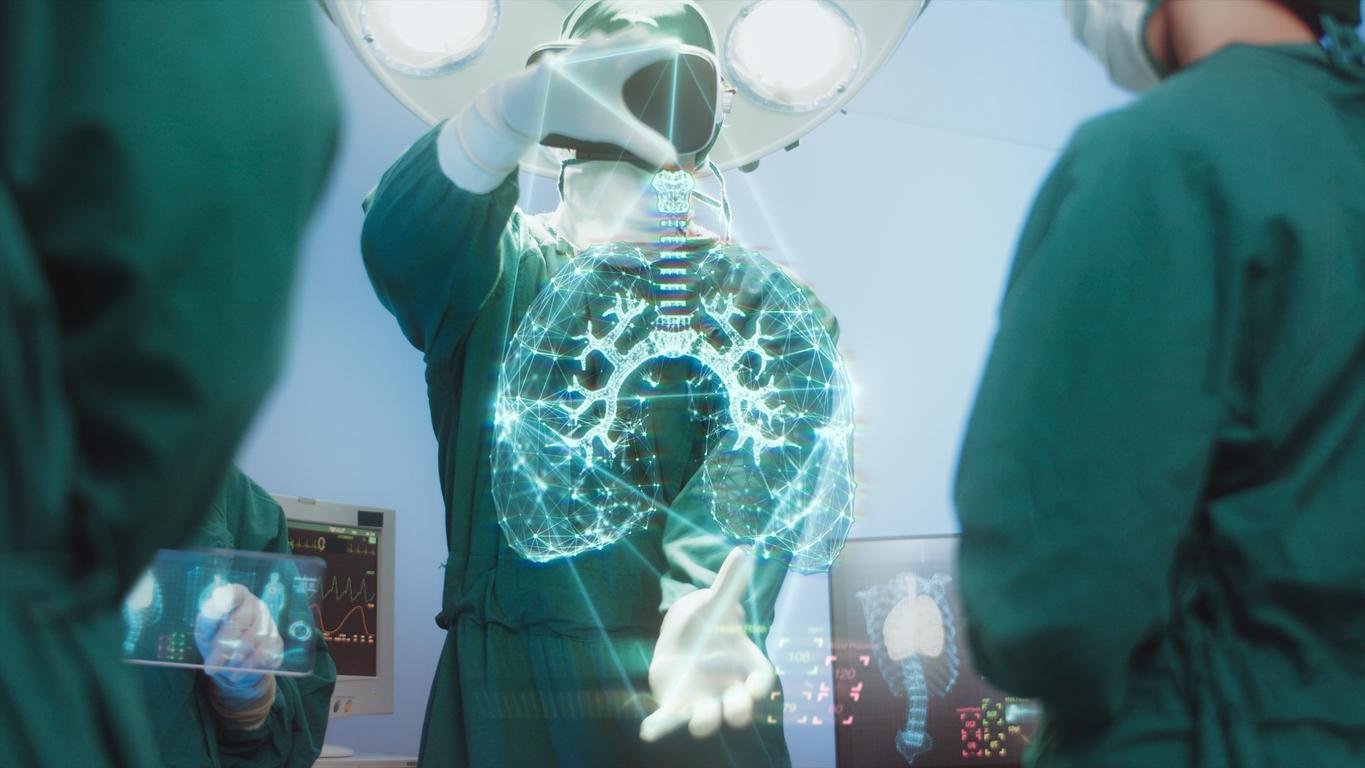
“Having a Human in the Loop” extends beyond being just a trendy phrase; it represents a philosophy that holds significance in today's digital world. This ethos is particularly noteworthy in domains such as health, where the stakes are high. The integration of human intuition with AI algorithms is crucial. This principle acknowledges the value of human judgment even in an era driven by data and technology.
According to proponents of this mindset, the future does not revolve around machines working autonomously. Rather, they will work collaboratively with humans. While AI can provide insights and recommendations based on extensive datasets, ultimately, especially in intricate fields, the final decision-making remains within human control.
The widespread use of AI in various sectors raises concerns about machines replacing human roles. However, the “human in the loop” approach offers a different perspective by emphasizing the machine's role as an assistant rather than a competitor.
Take nursing, for example. AI can quickly analyze patient data and identify patterns or anomalies faster than humans. However, it is the nurses who provide contextual understanding to this data, recognizing its broader implications in patient care and ensuring each individual's unique needs are met.
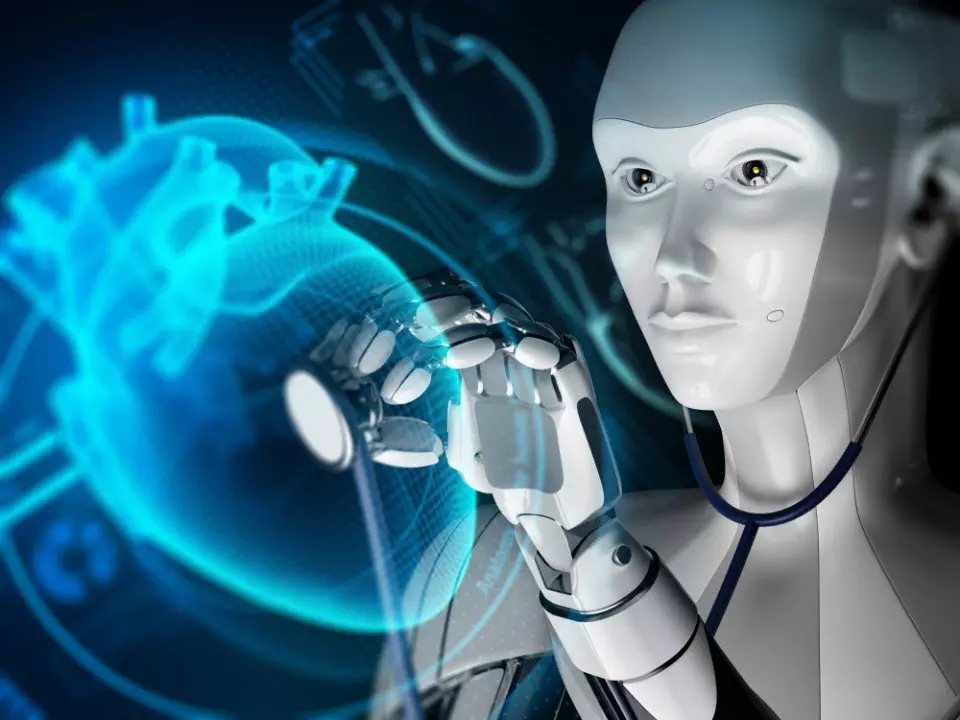
Automation powered by AI, provides unmatched efficiency, particularly in repetitive or data-intensive tasks. However, maintaining a balance between this efficiency and human oversight is crucial. In the healthcare field, while AI can suggest treatments based on patterns, it is only a human who can consider the intricate complexities of individual patients such as their emotional state, history, or other qualitative factors that are not easily quantifiable.
Adopting the “human in the loop” approach ensures that we preserve the irreplaceable human touch at the core of compassionate care while leveraging technology’s potential.
The model of incorporating humans into the loop has significant implications in healthcare. As AI tools are increasingly integrated into hospitals and clinics, the role of healthcare professionals becomes even more crucial. They play a vital role in bridging the gap between cold data and compassionate human care. This approach ensures that as healthcare advances technologically, it maintains a personalized touch. By combining human expertise with AI capabilities, we can envision a future of healthcare that is both advanced and empathetic.
Nursing, one of the oldest medical professions, has consistently remained at the forefront of adaptation.
Throughout history, nurses have continuously honed their skills and embraced technological advances. For instance, implementing computerized patient records revolutionized patient care by replacing traditional paper charts.
This transition equipped nurses with a more efficient method to track and manage patient well-being. Moreover, as cutting-edge technologies such as digital imaging and telehealth emerged, nurses seamlessly integrated them into their practice. Incorporating these innovations improved patient care and fostered nurse’s professional growth.
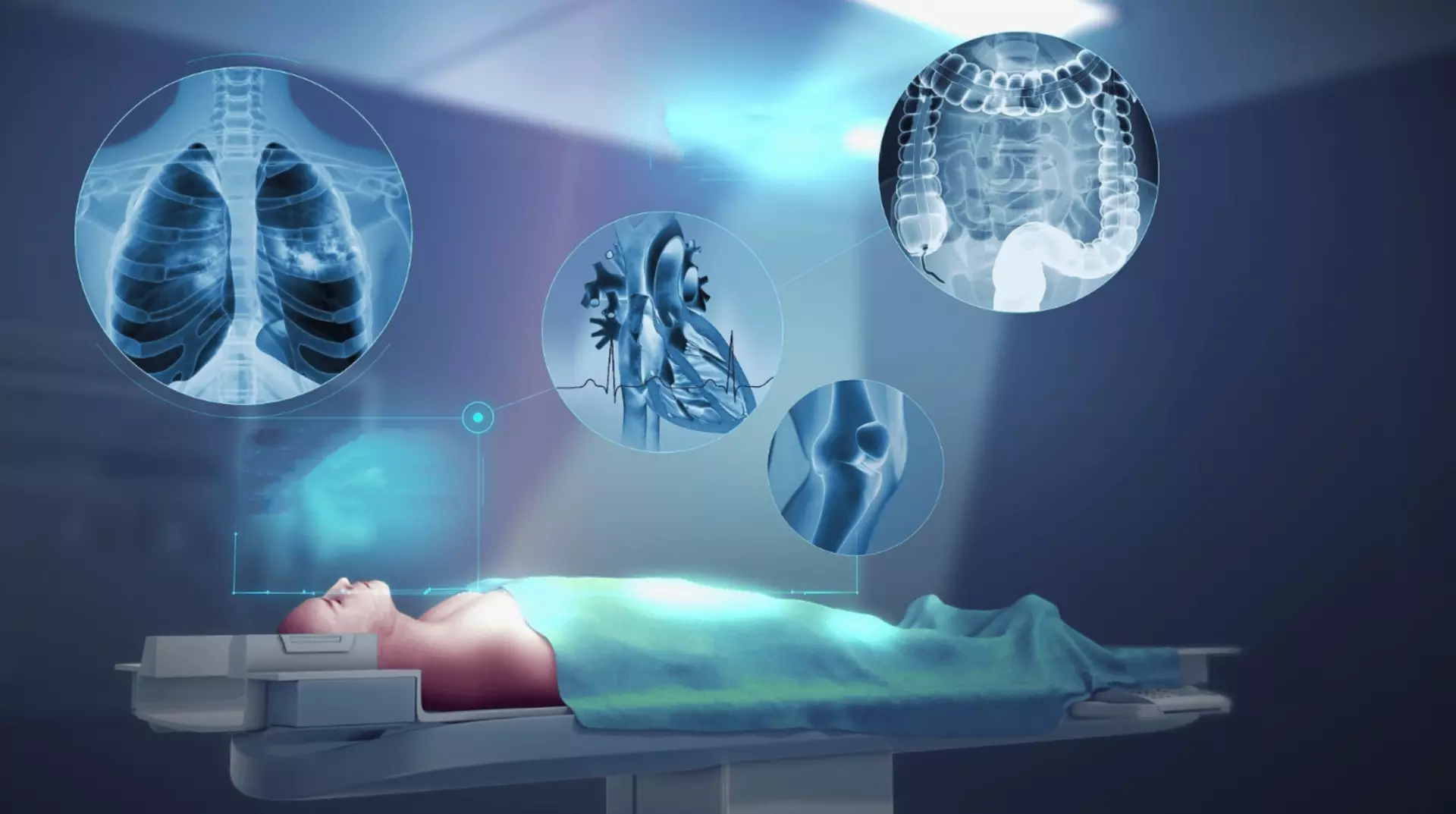
In recent years, AI has revolutionized health, reshaping various aspects of nursing. Advanced algorithms now aid in diagnostics, predict patient needs, and automate administrative tasks, freeing up nurses' time for direct patient care. Advanced training and education have become essential to keep up with these rapid technological changes.
This is where modern nursing education comes into play. Programs such as the doctor of nursing practice online degree from Wilkes University are gaining importance. These tailored programs equip nurses with the skills to effectively integrate AI tools and stay at the forefront of this technological transformation. The program offers the flexibility of online learning and is designed to give you the essential skills to work in a number of clinical settings and leadership roles.
While technology advances, nursing remains grounded in human compassion and care. The challenge lies in merging these enduring values with cutting-edge technology, creating an opportunity for growth. Nursing education has evolved to equip nurses with the necessary skills to utilize AI tools while maintaining the highest standards of patient care.
AI has revolutionized the nursing field by introducing futuristic tools that transform conventional practices. One noteworthy breakthrough is the implementation of machine learning (ML) in diagnostic tools. These advanced systems can swiftly analyze large volumes of data, effortlessly detecting patterns and anomalies that surpass human capabilities. This invaluable diagnostic assistance enables earlier interventions and significantly improves patient outcomes.
Patient management systems have emerged as a significant application, offering numerous benefits. These platforms can analyze vital signs and historical data by utilizing AI algorithms to predict potential patient crises. This proactive approach allows nurses to take immediate action in managing critical situations. Additionally, these tools efficiently optimize patient schedules, ensuring resources are used effectively and timely care is provided.
The integration of AI in nursing goes beyond futuristic technology; it aims to enhance the capabilities of nurses, enabling them to deliver unparalleled care. One significant advantage is the improvement in patient outcomes. With AI's analytical abilities, identifying potential health issues early on becomes easier and more common. Consequently, prompt interventions can mitigate disease severity, shorten hospital stays, and even save lives.
In addition to providing direct patient care, AI technology simplifies administrative tasks. The manual labor of sorting through patient records and scheduling appointments is now a thing of the past. With AI-powered systems, these tasks can be automated, alleviating the workload on nurses and enabling them to prioritize patient care.
In addition, AI applications in healthcare serve as valuable decision-support tools. They provide evidence-based recommendations that enhance the decision-making process. This ensures that patients receive optimal care by combining AI analytics with the expertise of nurses.
AI tools have undeniably enhanced efficiency and precision in nursing. However, their true potential is realized when combined with the human touch. These tools act as facilitators, empowering nurses to leverage their expertise while maintaining a crucial balance between technological accuracy and compassionate care.
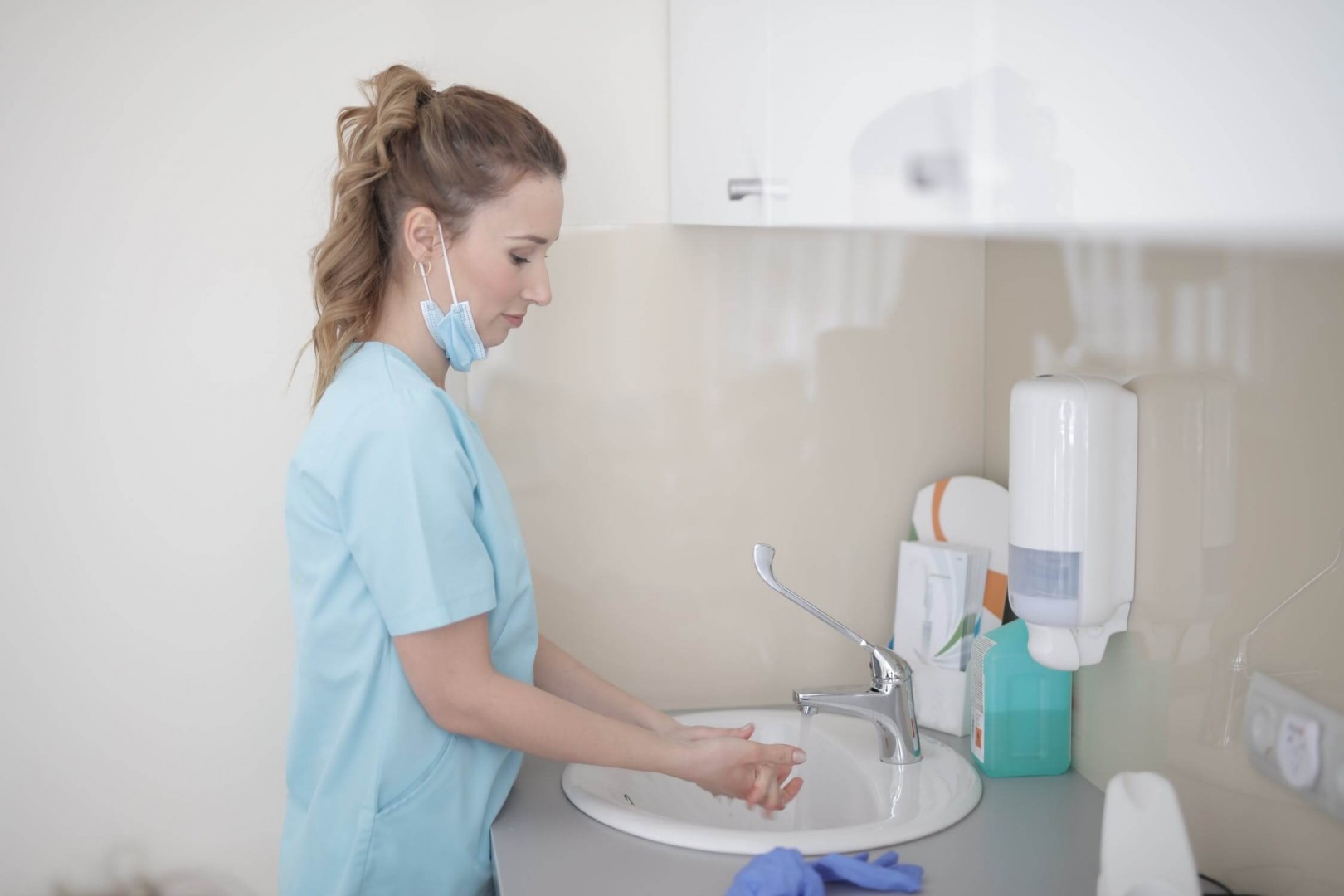
The field of nursing embraces the profound essence of human connection. This truth reveals itself through instances where unspoken fears are understood and moments when a compassionate touch is extended to offer solace. Nurses surpass mere clinical procedures by perceiving a patient's pain, comforting them with gentle gestures, and discerning subtle changes in behavior.
Their role goes beyond providing medical care; it involves establishing trust, cultivating emotional bonds, and contributing significantly to the healing process. One cannot overstate the significance of non-verbal cues—such as furrowed brows or tense postures—which remain distinctively human and unaffected by technology.
Despite its remarkable advances, AI serves as a valuable supporting tool in health. It can provide data-driven insights, suggest treatments, and issue timely alerts. However, it is important to acknowledge that AI functions in a complementary role. While it can anticipate potential health complications based on data patterns, it cannot emotionally reassure an anxious patient.
The magic truly unfolds when the innate human intuition merges with the precise capabilities of AI. Nurses can harness AI's analytical prowess to access real-time information and utilize predictive analytics.
Amidst this technological advancement, the essence of nursing remains unaltered and centered around compassion, empathy, and a profound understanding of humanity. This synergistic blend of AI and human faculties holds great promise in providing unparalleled patient care with the beating heart of humanity at its core.
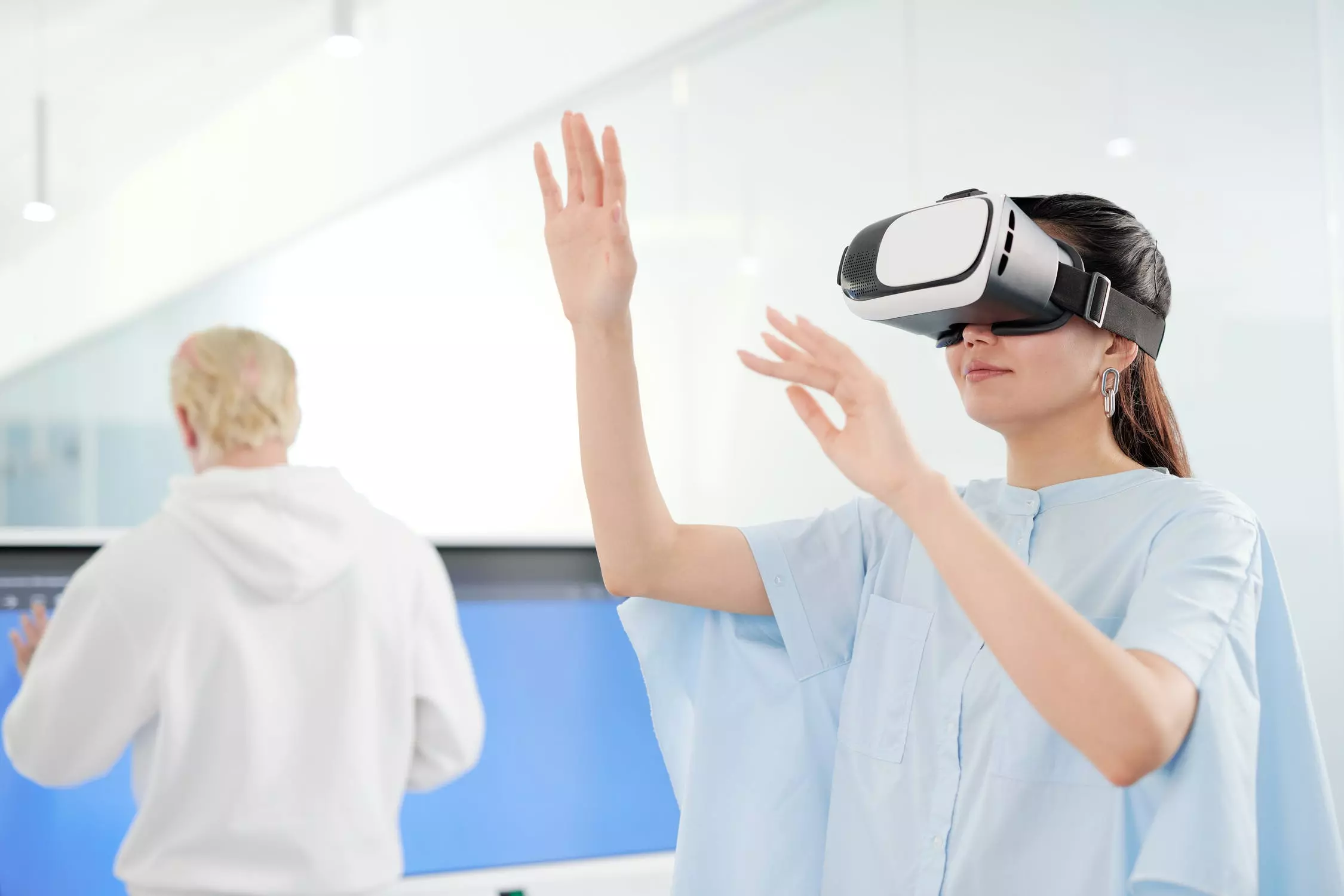
Advanced nursing practices, known for their comprehensive and collaborative approach, are well-positioned to prepare nurses for the future of healthcare. This future is intricately connected with AI technology. These practices impart the latest medical knowledge to nurses and underscore the significance of technological proficiency.
By prioritizing both aspects, nurses become adept at seamlessly integrating and utilizing AI tools while upholding the human-centered values of their profession. Advanced training in these practices encompasses ethical considerations surrounding AI, data interpretation, and practical applications of AI-driven tools. As a result, nurses gain confidence and competence in this rapidly evolving landscape.
While artificial intelligence contributes abundant data, analyses, and even future insights, the nurse's cultivated instinct—shaped by years of experience—ultimately guides decision-making toward the optimal path forward.
Achieving a balance between trust in AI and critical thinking is crucial in nursing. Nurses are taught to rely on their intuition while also critically evaluating the outputs generated by AI tools. For instance, if an AI tool suggests a particular medication, nurses consider the patient's past interactions and use their judgment to prioritize patient safety over AI recommendations.
In this symbiotic relationship, patient care is meticulously balanced between the precision of AI and the personalized insights offered by experienced nurses. This harmonious collaboration ensures that healthcare remains both efficient and attentive, incorporating the best qualities of both technological advancements and human expertise.

AI offers groundbreaking possibilities, but it is important to consider the potential drawbacks. Over-reliance on AI can result in depersonalized care and misinterpretations, compromising patient well-being. Ethical concerns about AI bias in diagnosis or treatment recommendations pose significant challenges. To mitigate these risks, thoroughly vetting AI tools for inadvertent biases is crucial. Healthcare professionals must also remain vigilant about their ethical obligations to ensure that technology serves patients' best interests.
The rapid evolution of AI necessitates continuous upskilling for individuals. In healthcare, nurses must consistently update their knowledge and adapt to the transformative impact of AI. It is essential for them to responsibly utilize AI's capabilities while prioritizing the well-being of their patients above all else.
The integration of AI in nursing serves to enhance rather than replace it. While AI brings precision, efficiency, and data-driven insights, the human touch in nursing adds empathy, understanding, and personalized care. Together, they form a powerful combination within the realm of healthcare.
The future of nursing looks promising. It is a future in which nurses, armed with AI tools, collaborate seamlessly to provide exceptional patient care. As technological advancements progress, the interdependent connection between human intuition and machine intelligence will continue to positively shape the healthcare landscape.
Leave your comments
Post comment as a guest